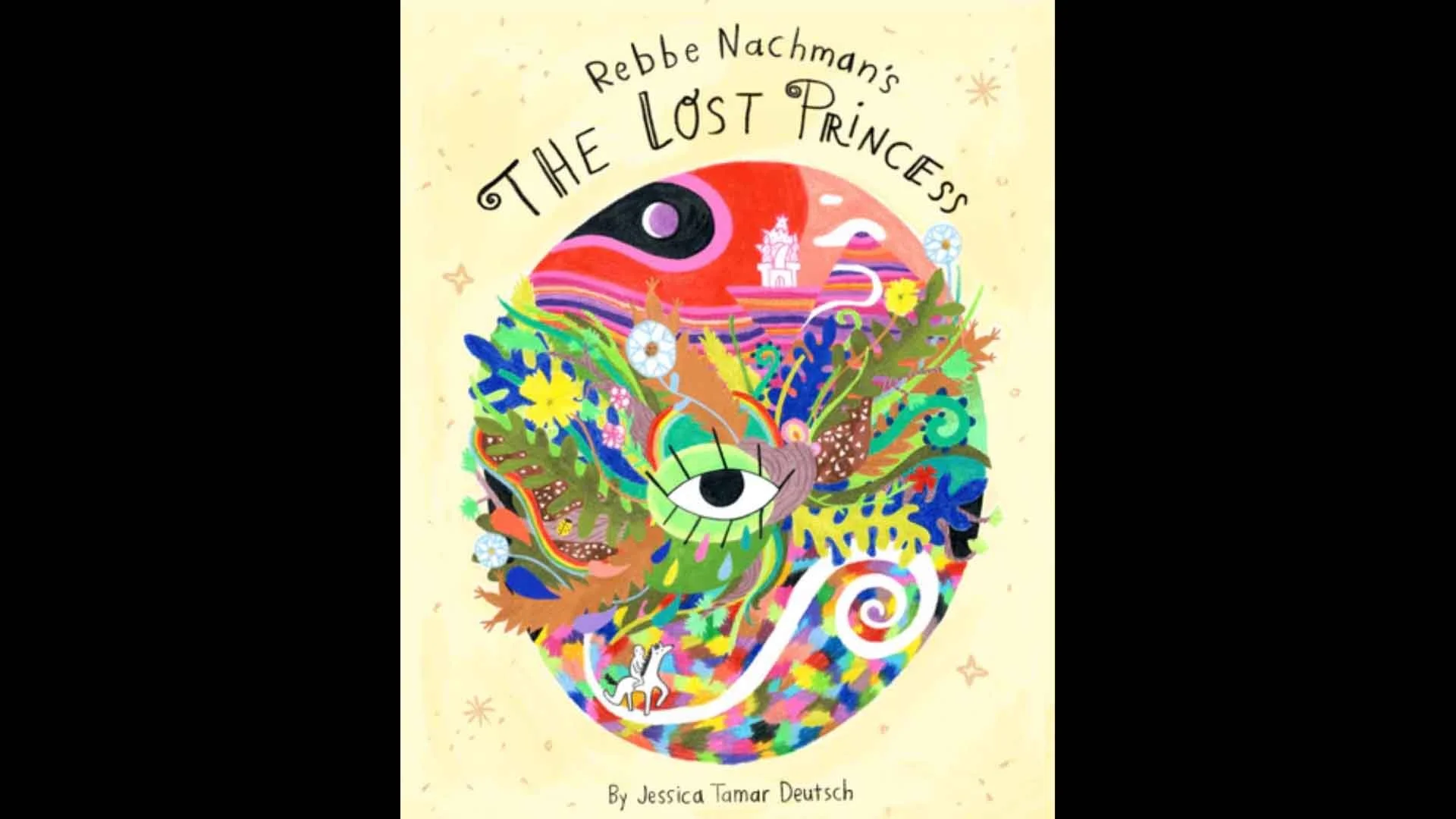The Lost Princess in the Healing Room
This essay explores the concept of Shechinah consciousness as a transformative framework for understanding therapeutic encounters through the integration of Rebbe Nachman of Breslov's mystical teachings and contemporary clinical theology. Drawing from the allegorical "Tale of the Lost Princess," the concept of tzimtzum (divine contraction) as a therapeutic model, and the sacred-profane dialectic in healing spaces, this study examines how divine presence manifests through absence in clinical settings. The analysis incorporates Julian Ungar-Sargon's pioneering work on therapeutic space as a contemporary locus of divine indwelling, where the dynamics of concealment and revelation converge in the physician-patient encounter. The essay argues that authentic Shechinah consciousness in therapeutic practice requires recognition of the sacred feminine's presence even in apparent absence, and that the therapeutic space itself becomes a vessel for divine encounter through what we term "dialectical presence"—the ability to hold both scientific rigor and spiritual humility without requiring their intellectual reconciliation.

